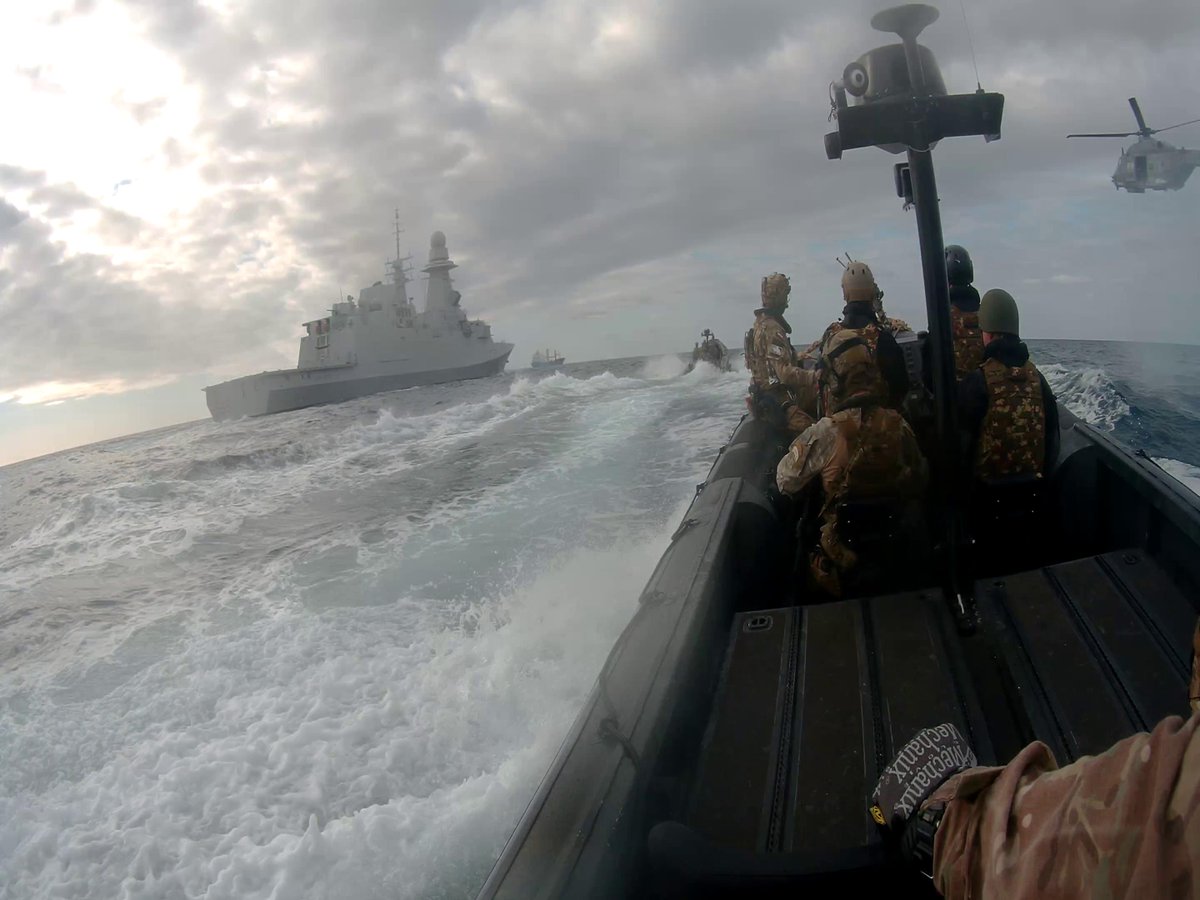Malta: there is no threat to the rule of law! says the Commission
(B2) Faced with the first revelations of our colleagues on the (catastrophic) situation of justice in Malta (the Daphne project), the European Commission remains in the background. Questioned yesterday at noon by B2 and several colleagues, the Commission's chief spokesperson, Margaritis Schinas, tried to convince that the European executive had turned on all the lights on the Maltese situation. But we cannot say that this situation constitutes a priority. In extenso... and comments
Despite a statement (statement) prepared in advance, the Commission did not really show energy and enthusiasm to act on the issue. First of all, we had to try again, several times, to get clear answers, particularly on the question of the rule of law. Most of the time, she kicked into touch, even when the question seemed too embarrassing to her, to counter-attack by finding that journalists have a way of asking the wrong questions.
Does the Commission consider that there is a rule of law problem in Malta?
« We do not think so. We have discussed this in the past and I think we have a number of specific questions which we are addressing with the clarity and strength that EU legislation gives us and which are ongoing". (Concretely) " If the question is that there is a violation of the rule of law. No, the answer is no ».
Comment: we had to try twice and get excited (a little) to get a clear answer. This shows how embarrassed the Commission is to see one of the countries (Malta) considered to be a 'good student' of the European Union thus publicly called into question.
Did Juncker or Timmermans have a discussion on the Daphne report with the Maltese authorities, Prime Minister Joseph Muscat for example?
No. " The President (J.-C. Juncker) and the Vice-President (F. Timmermans) did not speak with the Prime Minister of Malta after the publication of the report [Daphne], otherwise it would have been announced ».
Comment: this gives the intensity of the political awareness of the Commission. Vice President Frans Timmermans is normally in charge of the rule of law. It was he who we saw at work, particularly in Poland.
Why did you initiate proceedings in other countries and not Malta?
No express answer.
Comment: the Commission sees no possible comparison with what is happening in Poland, where a procedure for breach of the rule of law has been triggered (read: Poland receives first warning for its justice laws). The power in Warsaw has concocted a law allowing it to intervene directly in the appointment of judges or certain investigations, I was told. In other words, in Malta, the law being apparently " as seen here ", with only " failures in its application, there would be no grounds for prosecution by the Commission. The European executive is, here, in a purely procedural assessment of the rule of law. As for what is happening in Romania and Bulgaria - under surveillance procedure with regular reports for their compliance with justice - no answer, even 'off' is given. But one could say that these are enlargement procedures. At the time, during Malta's accession procedure, we saw no problem or, at least, we let it pass.
The journalistic investigation reveals some disturbing connections between Maltese officials and the murder of Daphne...
“The Commission expects an independent and long-term investigation into the murder of Daphne Caruana Galizia. We urge the responsible authorities to continue the ongoing investigation and until those responsible for this crime have been found and justice is served.”
Comment: the Commission is doing the minimum that can be expected of it: requesting an inquiry from the Maltese government. It is true that it does not really have any express prerogative. But it has a general duty to protect fundamental freedoms, including the freedom of the press. Normally one would have expected a stronger wording, targeting "the responsibility of all persons regardless of their rank" and "there is no room for impunity in matters of corruption" (a provision commonly used in particular in European diplomacy).
What is the Commission doing about the notions revealed by the Daphne report concerning money laundering?
What the Commission criticizes in Malta is the failure to comply with the transposition of the directive on money laundering. " Infringement proceedings are ongoing against [20] Member States, including Malta, and we expect them to urgently transpose the relevant EU rules. The Commission has also sent a letter asking the European Banking Authority to ensure that financial institutions established in Malta comply with the requirements set out in the anti-money laundering and anti-terrorism legislation »
Comment: this procedure is sometimes very formal and was not triggered (it seems) following the revelations of the Daphne report. This is a classic procedure in the implementation of any European directive where the Commission checks the correct transposition of the text. Almost all States are also concerned (20 out of 28). Which could be worrying. NB: The Commission did not specify the nature of what it accused Malta of on this point.
On the passports of convenience issued by Malta?
The question of nationality is a matter of national sovereignty. " There was no violation on the passports ". Corn " as national citizenship is a prerequisite for EU citizenship and treaty rights, the Commission closely monitors the application of these national regimes underlines the Commission's Justice spokesperson, Christian Wigand. " And Member States should use their citizenship prerogatives in accordance with national and European law (1). The Commission is preparing a report, which will describe [...] the national laws in force and current practices in certain Member States » and which will contain « also recommendations ". Expected timeline: by the end of the year. Two other countries, in addition to Malta, are concerned by passports of convenience: Cyprus and Latvia.
Comment: Admittedly, the Commission has few resources, but we have known it to be much more inventive legally on certain issues. In particular, there is a provision in the Treaties on the issue of passports (in terms of immigration control). In a word, the reaction is weak and vague.
On the revelations of the European Parliament report of January 2018?
Le European Parliament report (published in January, following an on-site fact-finding mission at the end of November and December) pinpointed a certain number of problems, in particular the case of the Pilatus Bank, the numerous cases of unresolved corruption.
« We will see in the Parliament's resolutions whether there are other areas which are not covered by the answers we have given here explains the spokesperson. " We will be delighted to give them a little later today or tomorrow. »
Comment: a fairly evasive answer, quite close to a No. It should be noted that the Commission has a representation in Malta which followed this investigation and which, normally, should have already transmitted all the information on the situation in Malta. Suffice to say that the time taken to act seems difficult to explain.
(Nicolas Gros-Verheyde)
(1) “Passport regimes, conditions for obtaining and renouncing national citizenship are governed by the national law of each Member State, subject to compliance with EU law. But the principles set out in international law require the existence of a genuine link between the claimant and the country or its national. »


